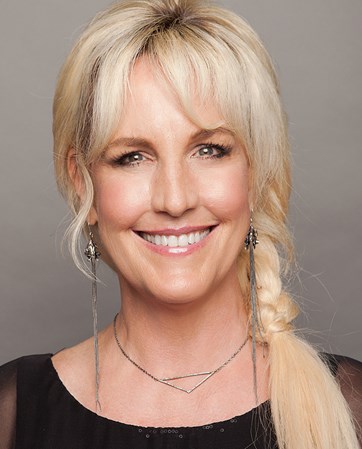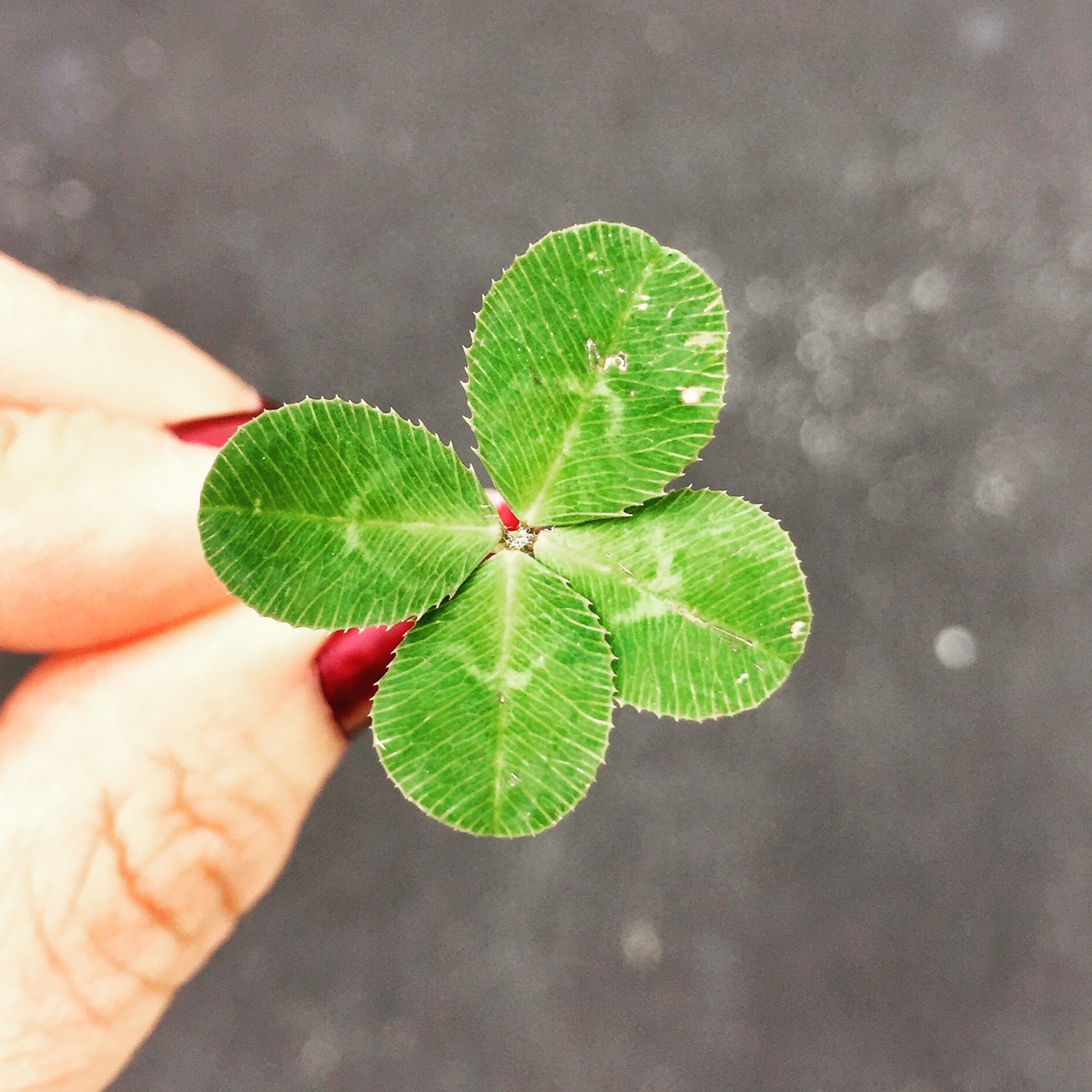As we review the year and think about what we want to take into 2021, the voices of many highly-successful people provide some valuable advice. Over the last 12 months, the pandemic has turned our lives upside down, and the country’s mental health has taken a nosedive. But hope looms on the horizon as many Americans breathe a sigh of relief, eagerly waiting for a vaccination and restrictions to be lifted. Meanwhile, each of us is grappling with the new normal, as it is called, especially during the holidays. Eight highly-accomplished people shared stories of how they’re dealing with the coronavirus. Their inspiring messages can give all of us hope and help us stay strong, navigate through the holidays and welcome in a New Year.
Julianne Hough On Optimism
Most of the people I spoke with during the year cited an optimistic perspective as their main coping habit. Optimists are realists who capitalize on their personal resources and take positive steps to cope with obstacles instead of succumbing to them.

When I spoke with actress and two-time Dancing With The Stars champion, Julianne Hough, about her new company KINRGY, she stressed the importance of an optimistic perspective: “During this time, we’re all trying to figure out what this new normal is. I’m an ultimate optimist. Forgive me if I’m not talking about all the struggles that are going on in life. There are so many—economically speaking—and people are dying and it’s really traumatic. What I see from this time is people are connecting with their children on a different level, getting to know them in a different way. They’re getting to know themselves during self-isolation . . . During this time, we’re given an incredible opportunity to pause, stop and reflect and go inward to what is truly important without all the hustle and bustle of trying to keep up.”
Arianna Huffington and Rhonda Ross On Control
Other accomplished people believe one of the most powerful medicines during this time of uncertainty is to focus on what you can control. When you can’t control what’s happening, you can challenge yourself to control how you respond to what’s happening. That’s where your power lies. Your best ally is to find the opportunity in the difficulty during an uncontrollable situation. Founder and CEO of Thrive Global, Arianna Huffington, put it this way: “As so much recent science has confirmed, we have more control than we realize when it comes to building healthy habits and resilience. When so much of the coronavirus crisis is outside our control, it’s not only essential but empowering, to focus on what we can control.”

Rhonda Ross, singer/songwriter, actress and daughter of the iconic singer Diana Ross, agrees. When I asked her how she was coping with the pandemic, she said the way she feels about something like the coronavirus that you can’t control comes down to your perspective: “When you focus on where your power is and activate things you have power over, you feel like you’re not being batted around by life. You’re not being thrown up against the wall. You get to walk in your own control, and that is huge for me whether it be the coronavirus or anything else. I’m always thinking about where my power is in this moment and where am I giving it away, whether it’s to something else or to somebody else’s opinion.”
Erin Brockovich On Stick-to-itiveness
Erin Brockovich believes “stick-to-itiveness” is a very powerful word, and Hollywood made a movie about hers. When I interviewed her about her new book, Superman’s Not Coming, she told me her mom taught her that everybody isn’t born with stick-to-itiveness. We have to develop resilience and perseverance, even if we don’t want to and we’d rather give up. She says when you get beaten down, you have to learn to pick the ball back up and run ten yards and get slammed. You don’t throw the ball down and walk off the field. “Imagine if we saw that,” she said, “we’d be going, Boo!”
Then she continued with her metaphor of the Superbowl: “Be prepared that you could get pushed back five or ten yards, but also when you pick that ball up again you could rush thirty or forty yards. It’s a process, and it doesn’t happen on the first try. It took the ladies of Hannibal, Missouri three years to get the ammonia out of their drinking water, but that dogged persistence that loyalty to your cause, that stick-to-itiveness is a process. You’ll have moments when you get pushed back, but you’ll also have moments when you push ahead. And that’s what you need to remember.”

Dr. Vivek Murthy, India.Arie And Sharat Sharan On Going Inside
During the Covid-19 quarantine, many people recommended going inside to meditate, pray or just savor solitude. One of those was Dr. Vivek Murthy, Joe Biden’s nominee for the 21st Surgeon General of the United States. Author of Together: The Healing Power of Human Connection in a Sometimes Lonely World, Murthy is a huge advocate of connecting with others to combat the loneliness public health crisis during the quarantine. But he reminds us we need to have a strong connection with ourselves first. Ironically, he recommends one way of coping is to embrace solitude: “One thing that helps is to spend time with ourselves and to be comfortable with solitude. Solitude and meditation are times when the mind connects the dots with what’s happening in our lives, part of processing the world. When we don’t have reflective time for ourselves, we bury a lot of the challenging issues and don’t deal with them. It can detract from our emotional well-being when we don’t spend enough time in solitude.”

The singer/songwriter and four-time Grammy winner, India.Arie believes the pandemic quarantine requiring us to stay inside is an opportunity for us to learn to go inside of ourselves: “I think there was something symbolic about the pandemic mandate to stay inside. It felt like an opportunity to go inside. It doesn’t have to be esoteric where you’re meditating for an hour. Just to go to a place and look at all the stuff you’re afraid of because when you look at your shadow, it dissipates more quickly than we think it will. And inside that place where you’re able to look at yourself, your fear, often answers come up. And that’s what we need right now: answers.”
As the combined merits of mindfulness and remote working showed increases in productivity, more corporate leaders jumped onboard the meditation train. Sharat Sharan, CEO, President & Co-Founder of ON24, a San Francisco-based marketing technology company, touted the advantages of meditation to stay calm in times of a global pandemic because personal health and energy are passed down to your team: “After the great recession, I started meditating and now begin every day with 12 minutes of meditation. That routine has helped me stay mindful, pragmatic and put out positive energy. In the midst of a crisis, you need to personally embody the attitude that you want your team and your own business to demonstrate.”
Arianna Huffington And Tara Brach On Balance
Now that more people are working from home, mindful productivity is being put to the test of helping people maintain balance between personal time and professional tasks. According to Arianna Huffington, her company Thrive Global has implemented “Thrive Time” to sidestep employee burnout: “It’s based on the recognition that, of course, getting results and meeting deadlines often requires putting in extra time and going the extra mile. And that’s certainly true at Thrive. Thrive Time is what allows us to sustain that. It means taking time off to recover and recharge after you’ve met the deadline, shipped the product or worked over the weekend. It could be a few hours, a morning, a whole day or even more.”
Meditation expert, Tara Brach, author of True Refuge, described the relationship we have to the pandemic fear and how we can make a U-turn, get in touch with ourselves and cultivate self-compassion: “It’s important that we have a way of being with fear that allows us to open our hearts. That’s the opportunity of these times, that we can come through it with more compassion, more caring for ourselves and each other. Meditation lets us pause enough so we can enlarge our perspective and come back home to a calm refuge inside of us where we can respond to what’s going on with a lot more intelligence and heart.”
If you’re like most people, you have unease over the state of the nation and the world as a result of the unexpected events this year. The message threaded through these eight voices is “take care of yourself.” We’re all in this together, and history has taught us that if all of us do our individual part, then together we can overcome any hardship.


